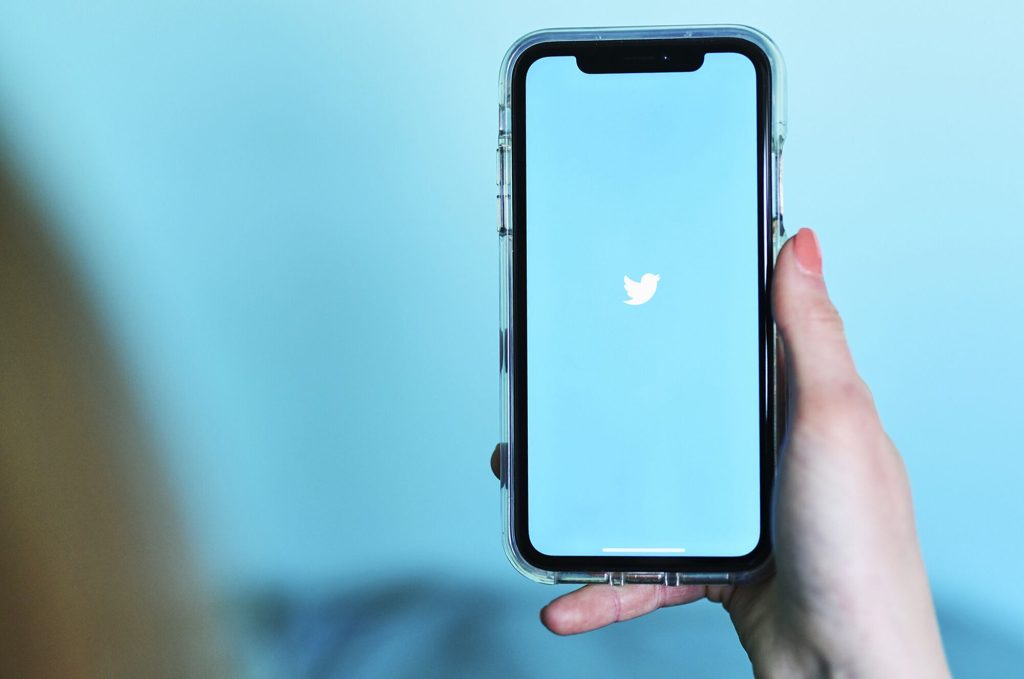A daughter of South Africa’s disgraced former President Jacob Zuma has been placed at the center of a Russia-backed Twitter campaign to bolster support for the attack on Ukraine, according to social media research commissioned and funded by the Centre for Information Resilience.
A study backed by the London-based nonprofit, which raises funding for specific projects, alleges that Duduzile Zuma-Sambudla was at the forefront of Russia’s drive to sway public opinion to its side in South Africa and beyond. Posts bearing her name were reused in other regions in the #IStandWithRussia and #IStandWithPutin Twitter campaigns, according to the CIR.
“The evidence is compelling,” said Nina Jankowicz, vice president at the CIR, which has previously been funded by the British, Australian and US governments. “She was a clear driver of the campaign and the origin point for many of the tweets that were replicated around the South African information environment, and eventually even further afield,” Jankowicz said in an emailed response to questions.
Zuma-Sambudla didn’t answer repeated calls to her mobile phone and didn’t respond to a text message. Mzwanele Manyi, spokesman for the Jacob Zuma foundation, said he didn’t represent the family and declined to put Bloomberg in touch with Zuma-Sambudla.
The researchers relied on the personal nature of what has been posted on the account, including photographs, and the discussion in South African media of the tweets as evidence that she owns it.
The CIR says it’s dedicated to exposing human-rights abuses and disinformation. A previous project on human-rights abuses in Myanmar was partly funded by agencies of the UK and Australian governments.
South Africa is fertile ground to stoke sympathy for Russia. The former Soviet Union supported the ruling African National Congress during the decades-long struggle against apartheid and the party has maintained ties to Russia’s current leaders since the end of White-minority rule in 1994.
South Africa has been criticized by the US and European nations — among its biggest trading partners — for refusing to condemn Russia’s war with Ukraine by backing United Nations’ resolutions and hosting exercises with the Russian navy over the anniversary of the invasion. ANC officials today still refer to each other as comrades and use Marxist terminology in their policy papers, often attacking the west as imperialist and hegemonic.
The ANC Youth League, a strong supporter of Jacob Zuma, sent observers to a Russia-backed referendum on the annexation of territories in eastern Ukraine last year, with its delegates praising the process.
Zuma-Sambudla, a prominent figure on South African Twitter with about 237,000 followers, has used her social media account to attack her father’s perceived enemies. She was vocal on the social-media platform in July 2021, when more than 350 people died in riots spurred by the imprisonment of Jacob Zuma for contempt of court after he refused to appear before a judicial inquiry into state graft.
During his nine-year rule that ended in 2018, Jacob Zuma drew South Africa closer to Russia by gaining entry into the Brics bloc of emerging nations, a formal grouping that initially included Brazil, Russia, India and China. He also tried to push through a nuclear-power contract with Russia that, if fully implemented, could have cost as much as $100 billion, according to construction companies.
Zuma-Sambudla also appears to have close ties with the country, CIR said.
“She was an early adopter of the campaign hashtag before its official launch and visited Russia toward the tail-end of the campaign,” it said in reference to the Twitter campaigns in support of Russia’s invasion, citing her Twitter posts.
Posts in support of Russia that appeared to come from her account began as soon as the country invaded Ukraine.
In a 54-page report, the CIR included tweets the organization ascribes to her showing Jacob Zuma and Putin together, herself in Russia, and denigrating South Africa’s current leader, President Cyril Ramaphosa.
Content from what the CIR says was her account was used as “copypasta,” meaning it was pasted by other accounts using the same hashtag. One example was a list of places the US has bombed. Another was a crowd of Putin supporters waving Russian flags.
“As patient zero on so much of this content that was then replicated through copypasta around the internet, it stands to reason she wasn’t just making it up for fun,” said Jankowicz. “This looks both malicious and coordinated.”
Zuma-Sambudla acted as a “super influencer” for the campaign, likely receiving both authentic and artificial amplification of her content, the CIR said. “Zuma-Sambudla single-handedly drove most of the South African campaign leg,” it said.
© 2023 Bloomberg

